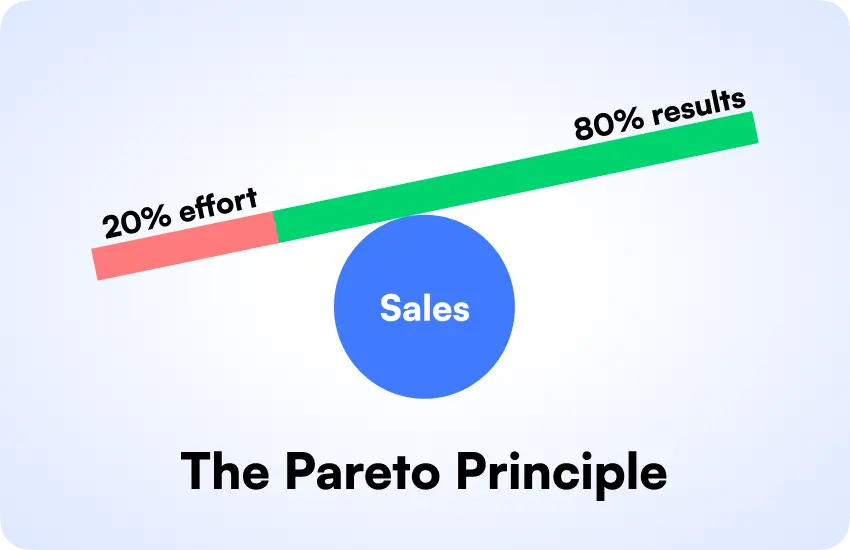
5 Most Common Myths Related To Employee Management
Table of Contents
It is impossible to overestimate the importance of employee management. Nothing can prevent your employees from doing their hardest and contributing to the overall success of your company if they are well-managed. Employee management is a comprehensive phrase that incorporates all aspects of employee management, development, and communication. The idea is to provide your team members with every resource and benefit possible to assist them in achieving their objectives so that your organization may attain its organizational goals.
Employee management has evolved significantly, being a far more thorough strategy for improving employee performance and engagement. Employee satisfaction and productivity are directly influenced by how well you handle the aspects of their workplace environment. Building a positive work environment not only motivates your employees to do their greatest stuff but also encourages them to remain in the organization for the long term.
Common employee management myths, on the other hand, continue to exist, hindering organizations from enjoying the benefits of employee management. Let’s see the 5 most common and most prevailing employee management myths and what it is actually about.
Top 5 Employee Management Myths That You Need To Know
Employees Are Only Motivated By Salary
This is another misinterpretation that still persists in some companies. One of the most common myths we’ve noticed is that employees are solely concerned with and motivated by money.
The cause this myth has become so widespread is that managers find it a lot easier to assume that simply raising their employees’ salaries will boost their engagement and retention. Even if the salary is among the major factors determining an employee’s decision to continue with their company, this is not the only one.
And besides, it’s a lot easier to knock money at a problem than it is to figure out why the employees are unsatisfied with their work. The majority of employees want appreciation for their efforts. Developing a reward program based on good customer feedback is a wonderful approach to indicate that you respect your employees. As a result, your employees’ good work will be immediately linked to rewards, motivating them to do even better in their profession.
Performance Review Means Highlighting Employee Weaknesses
Many employees still believe that performance reviews are primarily used to identify and criticize ineffective employees. This is why many people still fear feedback or reviews. Each employee, irrespective of their performance, requires ongoing performance evaluations in order to learn their strengths and weaknesses, establish goals and plans, and take on more responsibility.
We never would grow if performance review was simply a discussion about just how amazing we were all. It would be detrimental to the organization to perceive itself or its employees through rose-tinted glasses. Having said that, the performance review is not about highlighting an employee’s weak points. Rather, it is about making employees feel endorsed in discarding performance roadblocks, recognizing their strengths, and clearly defining long-term goals.
Appreciate by telling your high-performing employees how their effort made a significant difference and what they can do to push it to the next stage during the appraisal. This will be tough for your employees to realize when they have done a really good job if you only emphasize unproductive employees or shortcomings in your team.
Even when an employee’s performance falls short of your requirements, you can help them figure out what went wrong and how to prevent making the same mistakes again. This must provide a safe environment for the employee to think about their strengths and potential development aspects, as well as plan for future progress.
Employee Performance Management Programs Don’t Work
Employee performance management is far more than jargon. Employee productivity and efficiency can benefit greatly from well-planned employee performance management programs.
Employees who are appreciated and acknowledged are more likely to go above and beyond to improve their company’s efficiency. They’ll be more satisfied with their work and have a greater understanding of how they make a contribution to the objectives of their team and the company as a whole. Regrettably, performance management is constantly overlooked or pushed to the back foot, and employees are taking notice.
There is nothing like developing a comprehensive employee performance program. However, that takes significant time and energy to incorporate, and you may benefit from beginning with baby steps. You can send a well-written, precise, and timely message describing how an employee’s performance has helped your organization.
When an effective performance management system is in place, there can be much more to performance appreciation. Conversations about development and career goals can take place, and beneficial feedback from managers and customers can be obtained. Performance management talks may provide training and development opportunities and mentoring, and staff apparent lack can be handled.
Employee Engagement Is Directly Correlated With Happy Employees And Good Retention
Organizations frequently believe that engaged employees are indeed happy employees and vice versa. However, there are numerous factors that influence happiness, and they cannot be used to predict engaged employees. Furthermore, employee happiness does not have to be related to their performance and efficiency. By all means, create a positive and happy workplace and that is critical. However, don’t hang your hat for efficient and engaged employees solely on a happy one.
Every company’s main concern is lowering the employee turnover rate. Employee engagement is a key factor in achieving an acceptable retention rate. Nevertheless, you should not consider it a sure-shot approach to boost staff retention.
Engagement isn’t only an issue that has to be fixed. There is a range of reasons why employees quit. While good engagement tactics will aid you in overcoming some obstacles, others will be out of your hands. The ultimate goal of your employee engagement activities ought to be to create a friendly working atmosphere as well as provide a positive employee experience.
Employee Monitoring Or Tracking Software Breaches Privacy And Hurts Morale
Employees often believe that the monitoring or tracking software intrudes on their privacy during working hours. This myth is one of the most significant roadblocks to companies’ form adoption of the software. In truth, most companies use the software in a fair and transparent manner.
It is the role of management to be absolutely clear and forthright about the system in order to emphasize privacy. Transparency is essential for gaining the trust of employees. All monitored employees are notified via email or a formal policy. Employee monitoring is not intrusive; rather, it aids in staying focused and productive.
Another common myth is that employee monitoring or tracking software hurts employee morale. Employee tracking, on the other hand, boosts employee confidence, strengthens their commitment, and enhances their productivity. This system enables managers to gain a better grasp of their work team requirements. This shared understanding contributes to the development of a productive workforce that is continually motivated by its managers.
We in Lystloc assure the employees that our field employee tracking app is completely secure and adheres to a strict privacy policy. Lystloc helps in increasing employee productivity without affecting the employee’s privacy and morale.
Summing Up
Employee management is very critical for any organization. However, it will be fruitful only if the company realizes how well it works and is ready and able to take the necessary steps to modify it.
Above we have already discussed some of the most common myths about employee management. These misconceptions are frequently based on old-fashioned management theory, which an effective workforce management solution can help to debunk.
Employee management is an essential component of any company’s growth. It is indeed a broad, intangible, and ever-changing practice, and its nature lends itself to myths and misinterpretations. By trying to break each employee management myth, you will gain a far more transparent and precise understanding of how to establish a committed workforce.










































































